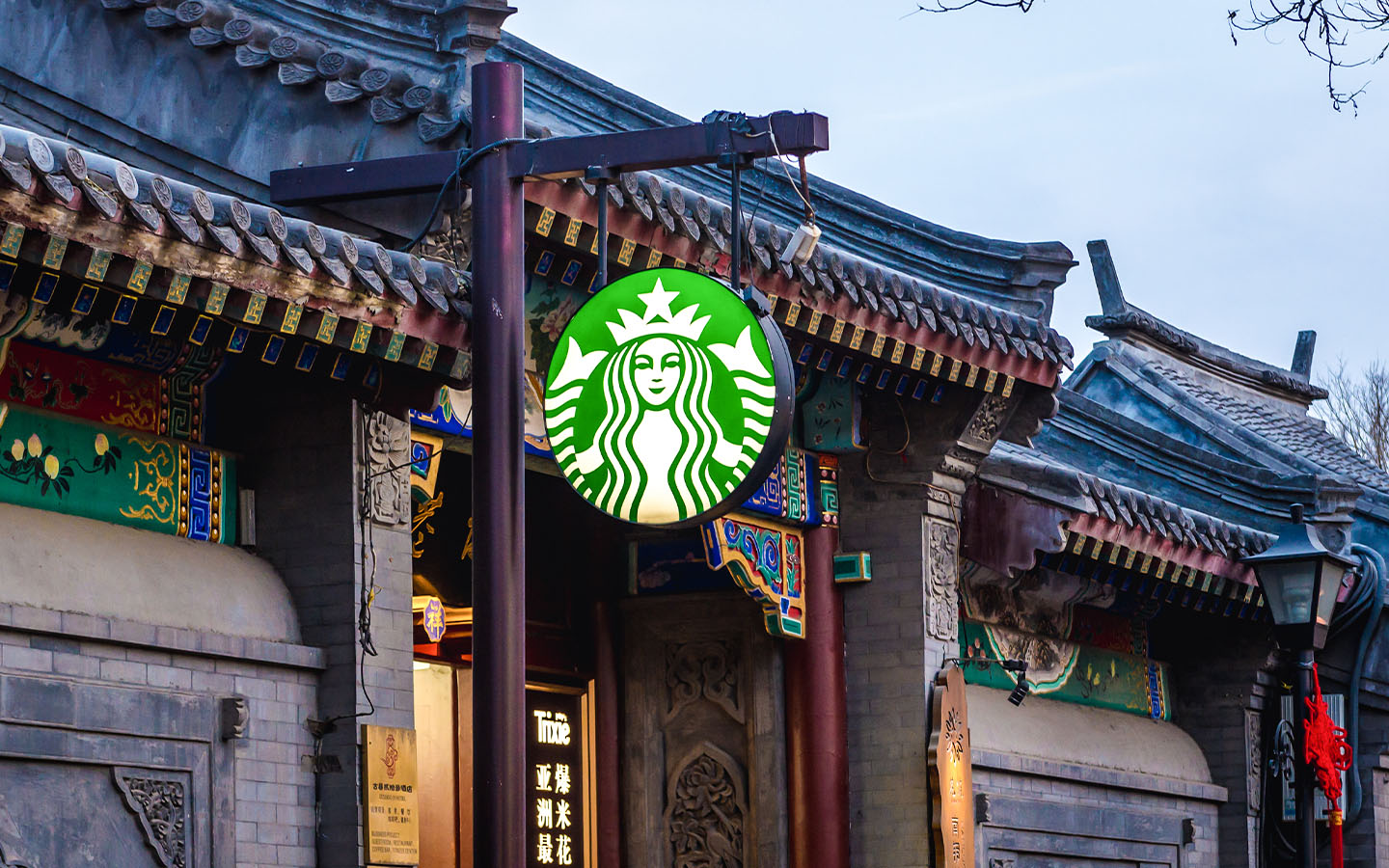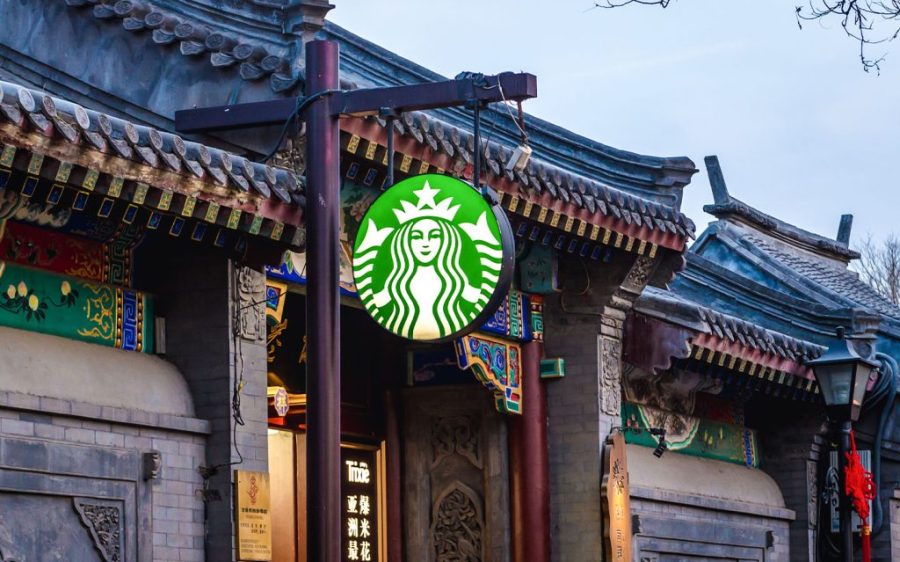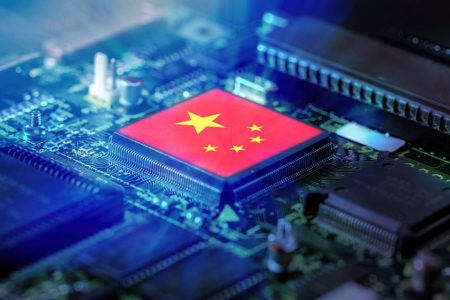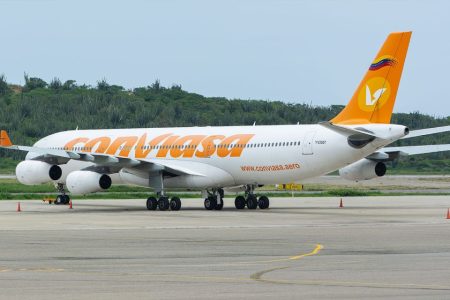Starbucks is set to sell a controlling stake in its China operations to Hong Kong-based Boyu Capital in a US$4 billion deal – one of the largest divestments of a China business by a Western consumer brand in recent years, multiple media outlets are reporting.
The Seattle-headquartered coffee giant announced on Monday that Boyu, an alternative asset management firm known for backing Chinese consumer and tech companies, will hold up to 60 percent of a new joint venture to operate Starbucks’ mainland retail business. Starbucks will retain the remaining 40 percent stake and continue to license its brand and intellectual property to the venture.
Pending regulatory approval, the deal is expected to close in early 2026. It comes as Starbucks faces mounting pressure in the world’s second-largest economy, where its market share has plunged from 34 percent in 2019 to just 14 percent last year, according to Euromonitor International.
[See more: You can now get Luckin Coffee in New York City]
Boyu’s investment is intended to jump-start Starbucks’ stalled expansion in China, particularly in lower-tier cities, and improve cost efficiency across existing outlets. The US firm said it saw the value of its China retail business — including the sale proceeds, retained stake, and projected licensing income over the next decade — as exceeding US$13 billion.
Earlier this year, Starbucks CEO Brian Niccol told media he hoped to grow the company’s China coffeehouses from today’s 8,000 to potentially 30,000.
Starbucks first entered China in 1999 and popularised specialty coffee culture across the country. But its dominance has eroded in recent years, undercut by homegrown rivals like Luckin Coffee and Cotti Coffee – which offer takeaway drinks for less than a third of Starbucks’ average price.
Starbucks’ same-store sales in China rose 2 percent in the quarter ending 29 June, after stagnating earlier in the year, helped by a 9 percent increase in foot traffic. However, the company’s growing reliance on discounts has squeezed margins.
The deal with Boyu mirrors similar restructurings by Western brands in China. McDonald’s, for instance, sold 80 percent of its China and Hong Kong operations to investors including CITIC in 2017.






